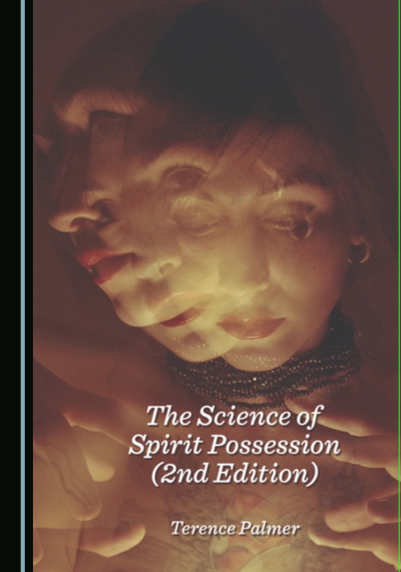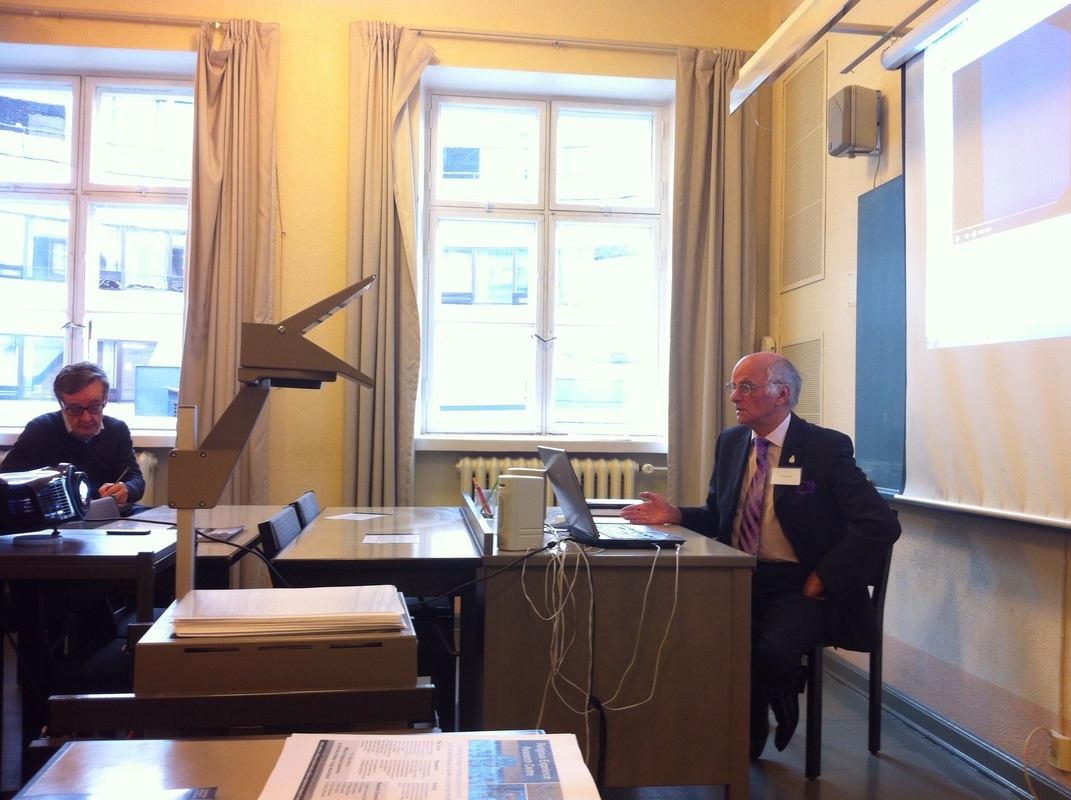Programme Outline
Unusual perceptual phenomena, including visual and auditory hallucinations, have been associated with spiritual and religious experiences since ancient times. Since hallucinations associated with major psychiatric disorders not infrequently include spiritual and/or religious content, this has led psychiatrists to take a reductionist approach that treats all such anomalous experiences as pathology and likely to be indicative of mental illness. However, research shows that many people who experience anomalous perception should not be diagnosed as mentally ill and are not in need of mental health services. For some, such experiences serve to enrich and enhance their sense of life purpose.
This day conference will bring together recent scientific research on hallucinations with spiritual and religious perspectives. Mental health professionals need to be aware of alternative frameworks for making sense of anomalous perceptual experiences, with important implications for both clinical practice and the spiritual life.
http://www.rcpsych.ac.uk/traininpsychiatry/conferencestraining/conferences/hallucinationsconference.aspx






